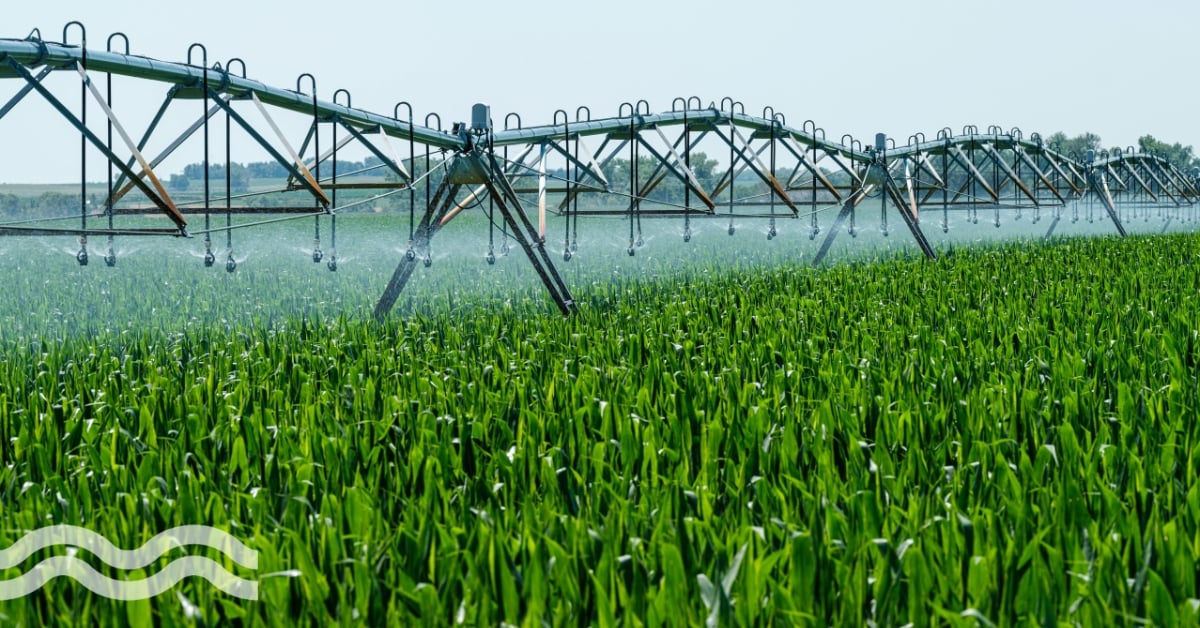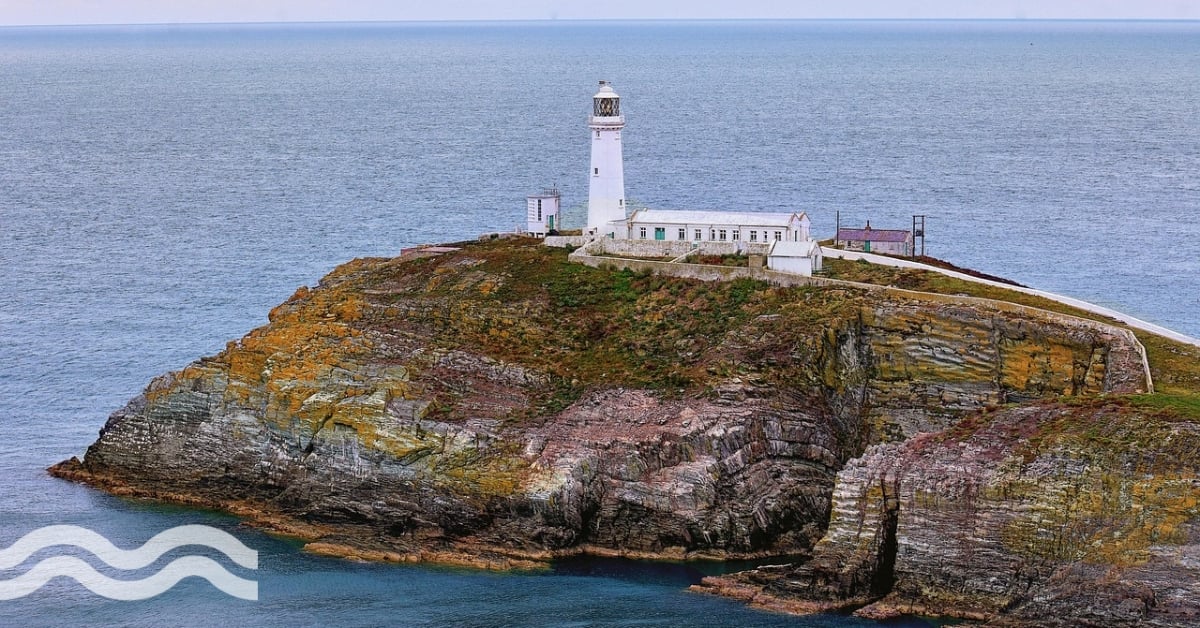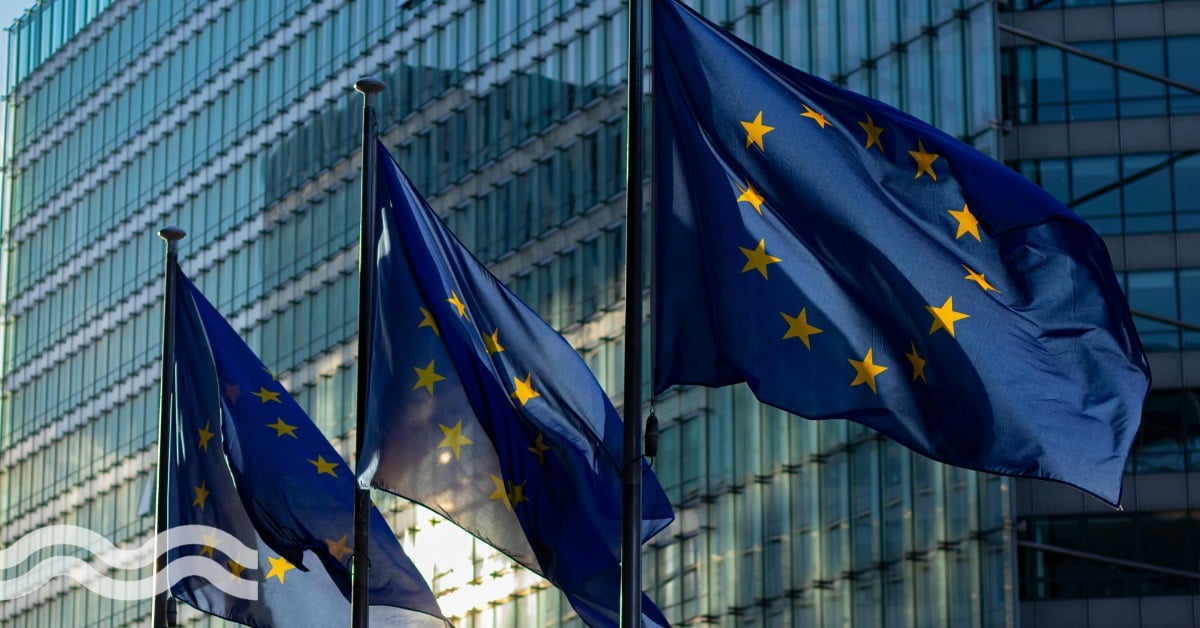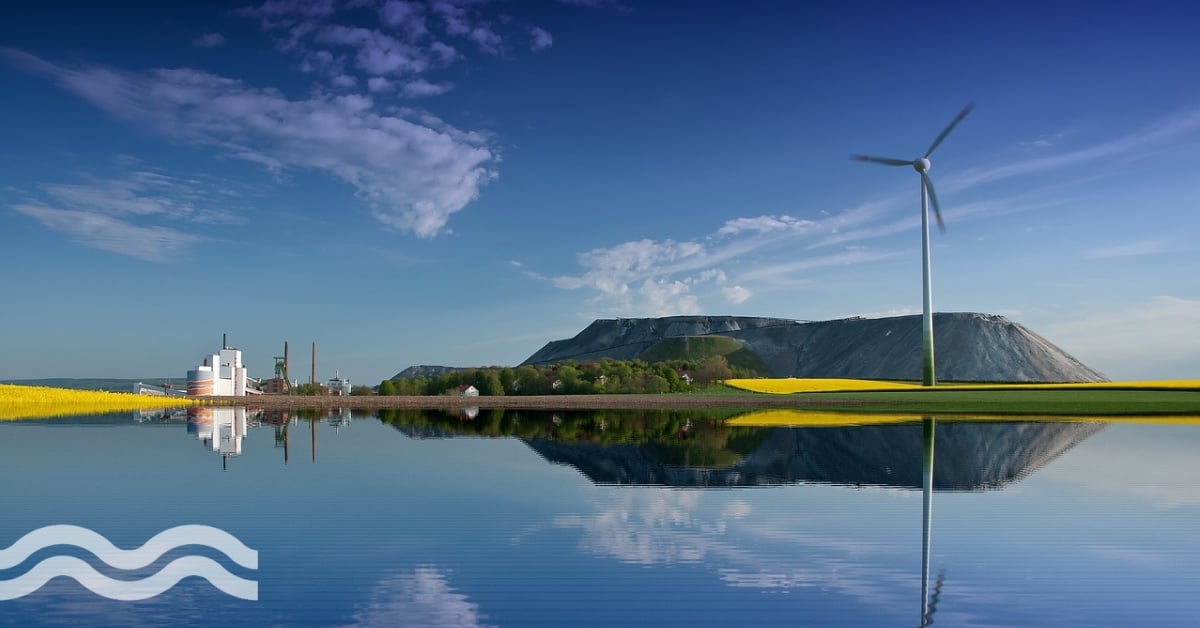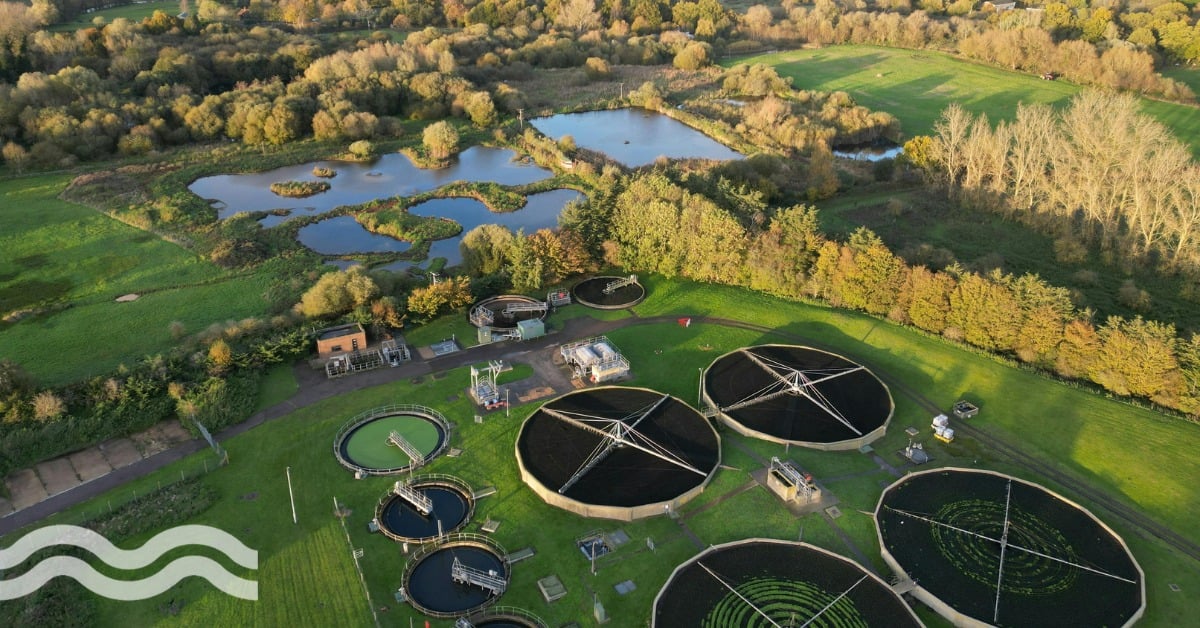eDNA tool will ‘revolutionise’ marine monitoring
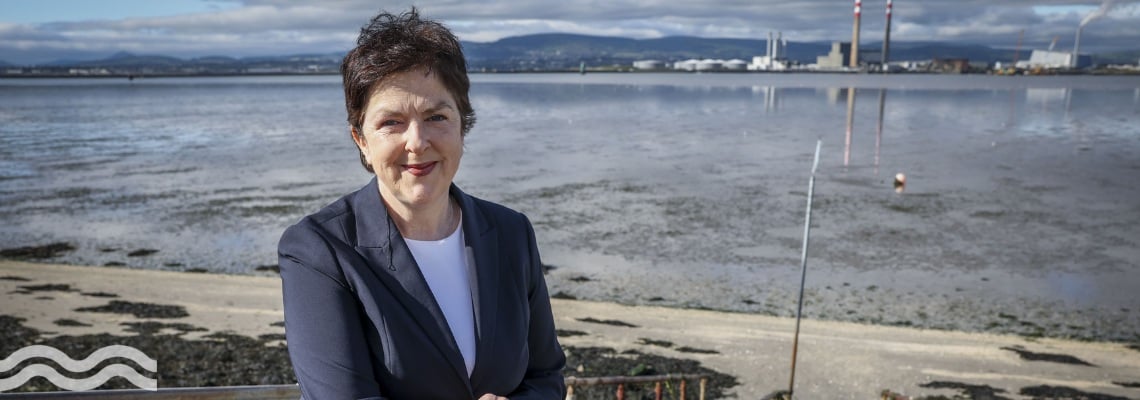
Dublin City University has secured €1.5 million from the Marine Institute to advance development of its MariBiome marine sensing platform that uses non-intrusive eDNA testing to determine the changing health of Ireland’s marine ecosystems.
The need for non-intrusive marine monitoring
As marine activities intensify and climate change accelerates, Dublin City University (DCU) researchers have recognised the need for better understanding of the marine ecosystems around Ireland. By better understanding those systems, the researchers hope to better protect the biodiversity within those environments.
The development of MariBiome is a direct response to the need for better understanding and focuses on deploying cutting-edge technologies and generating vital baseline data, through innovative biological sensing tools, rapid eDNA tests and next-generation data integration frameworks, to support sustainable marine management and policy.
Ireland’s marine environment is a national asset – culturally, economically, and ecologically - Regan
Prof Fiona Regan, project coordinator and director of DCU Water Institute told Aquatech Online: “Ireland’s marine environment is a national asset – culturally, economically, and ecologically. With MariBiome, we are investing in the science and technology needed to protect that asset for future generations.”
Regan added: “This project will give us the tools to monitor our seas in smarter, more sustainable ways – and will help create a new generation of marine scientists equipped to carry that mission forward.”
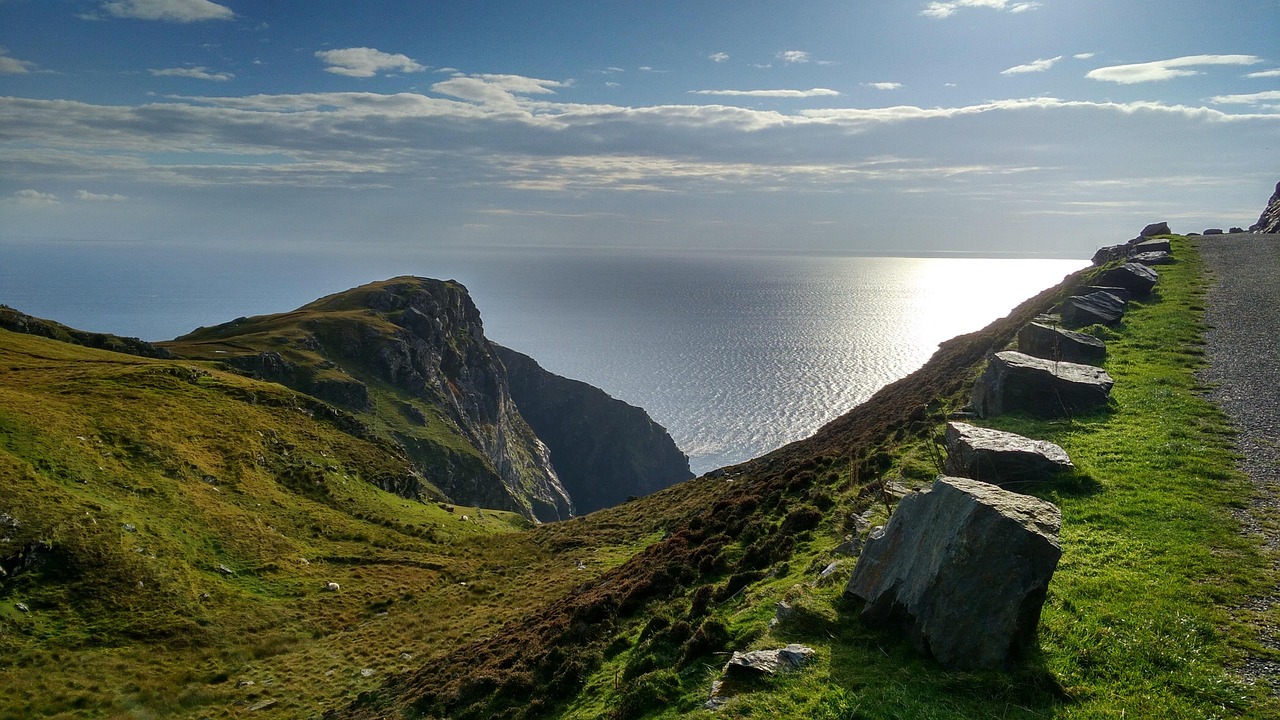
How does the system work?
Changing climate conditions, marine activity and pollution affect all aspects of marine ecosystems from plant life to pH levels, from water temperature to large sea mammals, and everything in between. Monitoring marine life can be intrusive and expensive, which is why one aspect of MariBiome’s monitoring strategy involves non-intrusive eDNA sampling.
These eDNA tests allow the user to filter large samples of water and test for species without having to catch or observe them, instead analysing biological matter they’ve left behind. The researchers believe that these tests will play a key role in monitoring biodiversity, allowing large areas to monitor more efficiently and effectively. As a result, the five-year project will deliver new custom-developed eDNA assays for marine health monitoring.
A modular system for a multifaced problem
Because marine pollution is multifaceted – ranging from invisible chemical residues to microscopic plastic fragments and complex biological signatures – traditional methods often require separate sampling systems, making fieldwork logistically challenging, time-consuming, and expensive.
MariBiome’s solution is a modular marine sampling unit that brings together multiple sampling capabilities in a single, compact, and highly adaptable system. At the heart of the design is a tiered filtration and collection mechanism, starting with coarse to medium filtration and progressing to media-specific cartridges tailored to capture a broad spectrum of environmental targets:
- Membrane filters will capture environmental DNA (eDNA), enabling the detection of species presence and biodiversity
- Hydrophobic polymeric materials will selectively adsorb chemical contaminants such as pesticides, pharmaceuticals, and other pollutants of concern
- Custom mesh-based substrates will retain microplastics of varying sizes for quantification and analysis.
This unit represents a step-change in real-time, multi-parameter marine monitoring - Regan
The sampler is being engineered to operate across diverse deployment platforms – from stationary buoys and oceanographic research vessels to autonomous surface and underwater vehicles. Its modularity ensures flexibility for a wide range of scientific missions and environmental conditions.
Regan told Aquatech Online: “By enabling the simultaneous collection of eDNA, microplastics, and chemical contaminants, this unit represents a step-change in real-time, multi-parameter marine monitoring. It will empower researchers, environmental managers, and policymakers with more integrated, high-resolution insights into ocean health – supporting smarter, faster, and more informed decisions to protect marine ecosystems.”
MariBiome: Beyond a monitoring tool
In addition to the eDNA tests, over the course of the project’s timeline, MariBiome aims to:
- Establish a comprehensive baseline of marine biodiversity around Ireland using advanced metagenomic techniques, leading to a new national biodiversity baseline dataset. In addition, the project will deliver a robust dataset from demonstration sites across Ireland’s coastal waters.
- Develop and deploy a cost-effective, autonomous marine sensing platform which will integrate sensor and sampling capabilities.
- Identify key biological indicators for assessing ecosystem health, including in relation to Marine Protected Areas (MPAs), harmful algal blooms (HABs), and bathing water quality.
- Integrate new and existing datasets into accessible monitoring platforms.
- Deliver protocols for assessing the impacts of marine activity on biodiversity and ecosystems.
- Increase national capacity and expertise in low-impact, next-generation marine monitoring.
Marine collaboration
The project brings together an interdisciplinary team from across Ireland and Northern Ireland. Led by Regan, partners include Professor Anne Parle-McDermott (DCU), Professor Paulo Prodohl (Queen’s University Belfast), Dr Dinesh Babu Duraibabu (ATU Sligo), and Professor Gerard Dooly (University of Limerick).
Developing future researchers
As part of its commitment to building national capacity, MariBiome will recruit five new PhD students, creating a vibrant research environment and training the next generation of marine scientists.
These early-stage researchers will play a central role in delivering the project’s scientific goals while developing expertise in marine genomics, sensor technology, environmental modelling, and data science.
